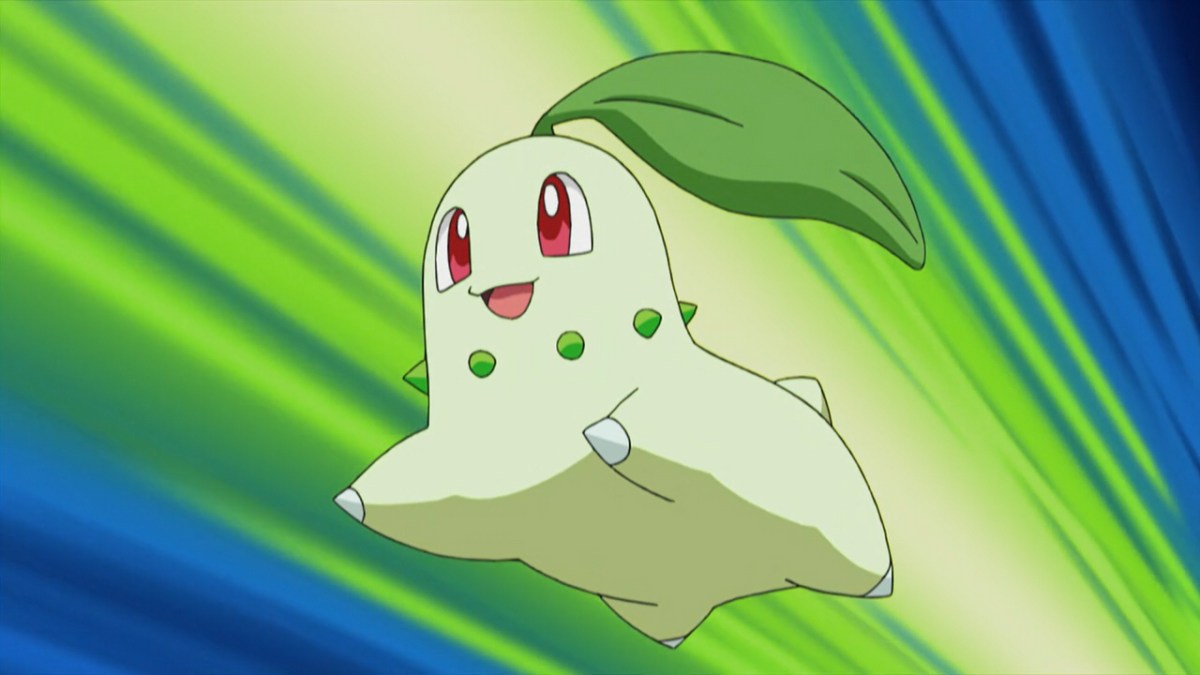Type is one of the most essential components of Pokémon. The game’s main mechanic revolves around type matchups, which determine damage potential, status conditions, same type attack bonus (STAB), and more. Types aren’t always set in stone, either: they can be changed through moves, abilities, items, and evolution. Whether you’re only playing the story mode of a Pokémon game or you want to take your team to the world of competitive battling, it’s important to know how each type affects every other type.
Each Pokémon has at least one type associated with it, but some have two. Possessing two types can help shore up a Pokémon’s weak spots, but it can also open new vulnerabilities that careful trainers can exploit. While all type combinations can be beneficial, we’re putting a spotlight on the best ones for trainers to have on their team as well as the Pokémon that possess them.
Here are the five best Pokémon type combinations.
Dark and Ghost
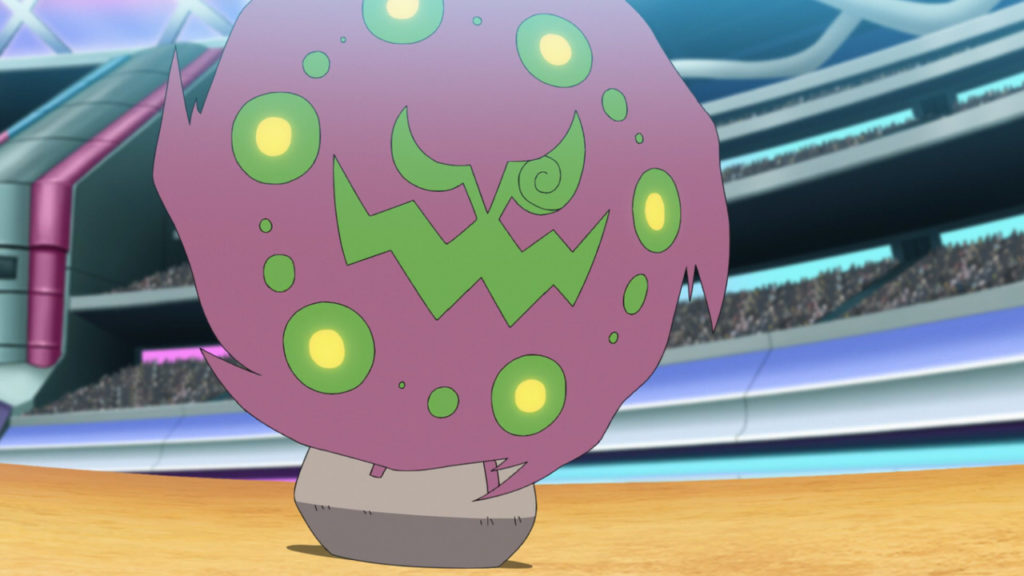
Prior to Generation VI, this uncommon type pairing boasted something no other type combination could: it had no weaknesses. The Ghost side protected Dark from Bug-type moves, which Ghost is resistant to, and Fighting-type moves, which have no effect on Ghosts. The Dark side eliminated Ghost’s weaknesses to other Ghost-types and Dark-types, both of which Dark is resistant to. This combination was one reason why Champion Cynthia’s Spiritomb was so hard to beat in Pokémon Diamond and Pearl: it was a combination Dark and Ghost-type. Sableye also shared these types.
All of that changed as soon as Generation VI introduced Fairy-types. Fairy moves do normal damage to Ghost-types, but they’re super effective against Dark-types, which finally knocks this type combination down a peg. Nonetheless, Fairy remains a Dark and Ghost-type’s only weakness, so the combination hasn’t lost all of its power. While very few Pokémon have this combination, they’re worth seeking out for those who don’t want to deal with their team taking super-effective hits very often.
Water and Steel
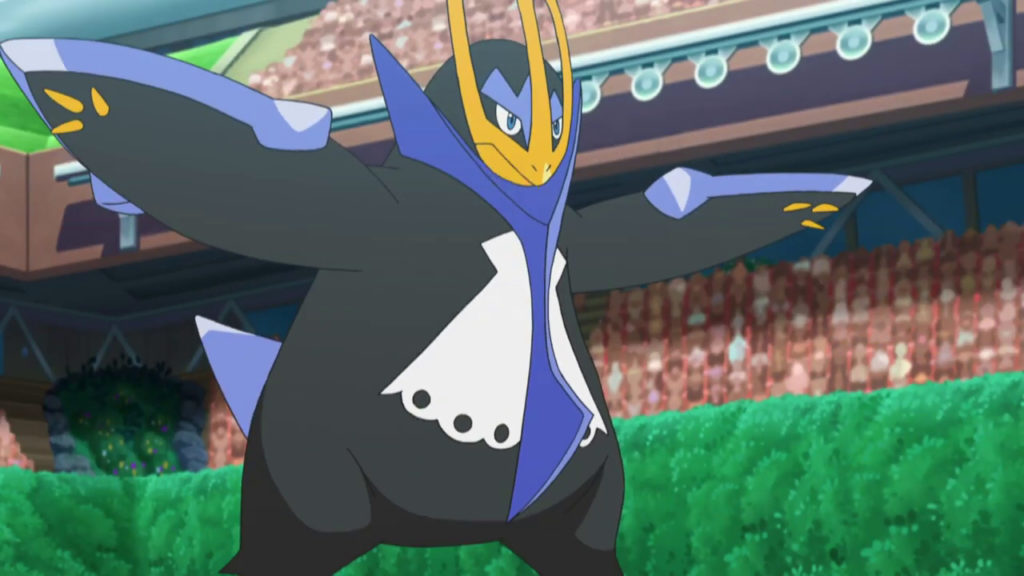
Water and Steel is a very defensive combination that also has very few weaknesses. While it does have more than Dark and Ghost, it has more ways of dealing with them. Water normally takes additional damage from Electric-type and Grass-type moves. Steel is resistant to Grass, removing that weakness from the pool. In fact, Steel-types are resistant to a whopping 10 types, the most of any single type. They normally take additional damage from Fire-type moves, but the Water-type side helps to shore that up. Steel-types also have full immunity to Poison-type moves and cannot be poisoned through most circumstances.
There’s only one Water and Steel-type Pokémon in the entire franchise—Empoleon—so from here on out, we’ll discuss it specifically. Steel and Water’s high amount of resistance leaves only three real weaknesses for it to worry about: Fighting, Ground, and Electric. Water is super effective on Ground-types, so that matchup becomes less important. Electric can be a problem, especially because Electric-types are resistant to Steel-type moves. Empoleon can learn both Earthquake and Dig via TM, so that makes it a little easier to work against. Fighting-types are tricky: the best way to deal with them is to use some of Empoleon’s few Flying-type moves (like Drill Peck) that it receives as a bird Pokémon. If you’re in the market for a strong defensive combination, look no further than the Water and Steel-type Empoleon.
Psychic and Fairy
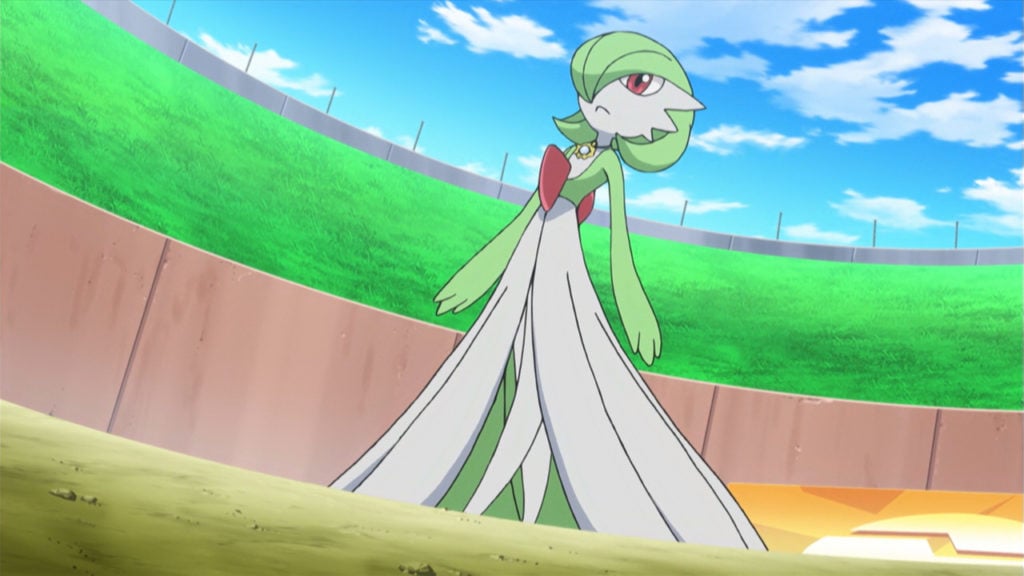
Speaking of Fairy, it came out of the gate in Generation VI as one of the franchise’s most powerful types. With a complete immunity to Dragon-types—one of the most rare and powerful types in the game—and the power to finally shatter Dark and Ghost-types, Fairies have no shortage of power. They take half damage from Bug-type and Dark-type moves. When paired with Psychic, this combination removes Psychic’s weakness to both Bug and Dark and grants it power over Dragon-types. On the flip side, Psychic is super effective against Poison-types, one of Fairy’s only weaknesses, and shields against super effective Poison-type moves.
As powerful as this combination is, it still has a few holes. Ghost-types can slip through the cracks and deal super effective damage to Fairy and Psychic-types since they’re normally super effective on Psychic-types and Fairy has nothing to counter that. Steel-types should also be treated with caution: Steel-type moves will be super effective on a Fairy and Psychic-type Pokémon, but many Steel-types have extremely low special defense. Many Fairy-type and Psychic-type moves are special-based, meaning they should have no trouble tearing through a Steel-type’s defenses, even with its resistance to both types. The Ralts-Kirlia-Gardevoir line and Mr. Mime are all Psychic and Fairy-types.
Fire and Fighting
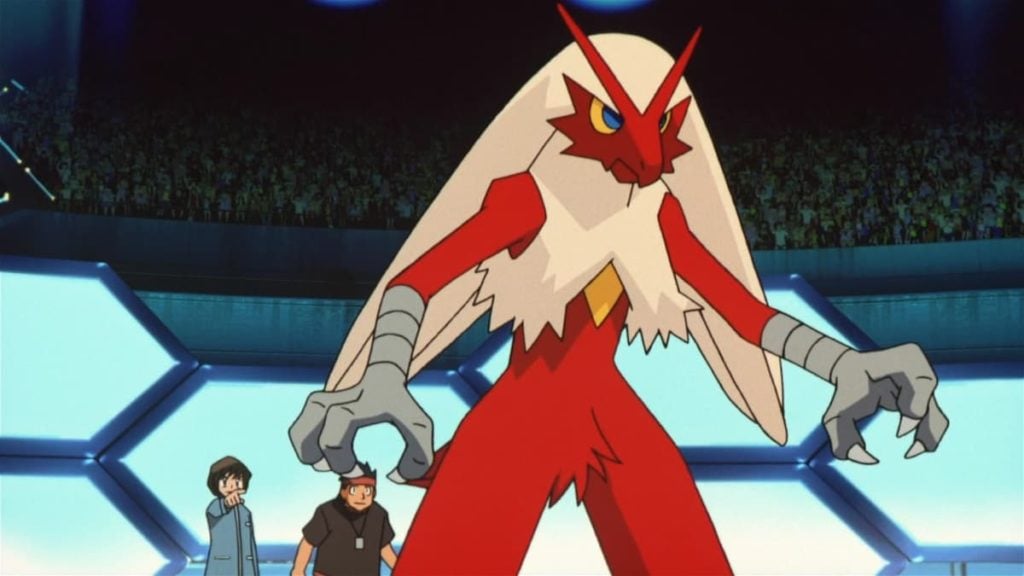
If you’re looking to maximize the number of types you can deal super effective damage to, look no further than Fire and Fighting-types. While often maligned by the community, this popular type is an extremely effective offensive combination. Fire-types deal double damage to Bug, Grass, Ice, and Steel-types, which helps to break down the walls of some of the game’s more defensive types. Fighting deals additional damage to Dark, Ice, Normal, Rock, and Steel-types. Fighting also removes Fire’s weakness to Rock-type moves, and Fire nullifies Fighting’s weakness to Fairy-type moves. While there is a little overlap, this combination can blast an incredible seven types with super-effective damage—and that’s only considering STAB-eligible moves.
There are still a few weaknesses you’ll need to watch out for. While Fighting eliminates Fire’s weakness to Rock, it’s still weak to both Ground and Water-types. Fighting-types can frequently learn many of the “punch” moves, so try learning Thunder Punch through a regional move tutor to take care of Water-types. A handful of Fire-types can also learn Solar Beam, which helps with Ground-types. The Fighting side of the combination brings a weakness to Flying-type moves, which can be rectified by learning a Rock-type move. Fighting-types also take extra damage from Psychic-types, so try learning a Dark-type move like Crunch to ward them away. Some prominent Fire and Fighting-types include Blaziken, the latter half of the Chimchar-Monferno-Infernape line, and the latter half of the Tepig-Pignite-Emboar line.
Grass and Poison
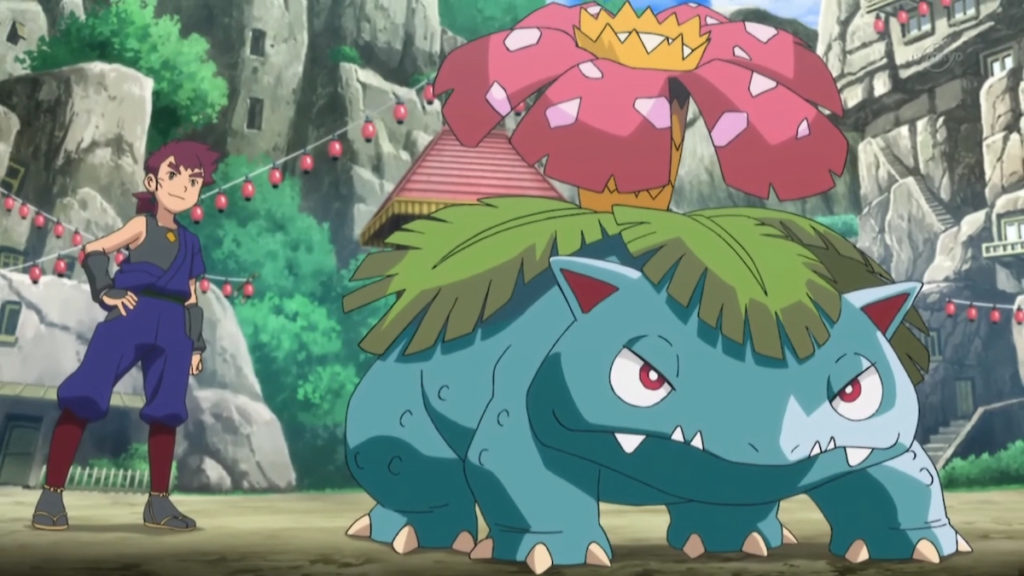
While it’s a combination that has more weaknesses than most of the combos on this list, Grass and Poison is special in its own way. Pokémon that possess these two types are incredibly powerful status inflictors, able to sleep, paralyze, and poison enemies before taking them out with strong offensive moves. The Grass side of the combination removes Poison’s weakness to Ground and deals super-effective damage in return. On the other side, Poison protects Grass from Bug-types and other Poison-types.
There are still a lot of weak points to contend with when you use this combination—Grass remains weak to Fire, Flying, and Ice, while Poison is still weak to Psychic—but it has plenty of offensive potential, too. This combination doesn’t have to worry about Fairies, which is one of the franchise’s most powerful types right now, and it can rain poison down on other Grass-types. Poison and Grass-type Pokémon can traditionally learn moves like Toxic, Stun Spore, Sleep Powder, Poison Powder, and more, which can leave the enemy in shambles when followed by a defensive huddle or a powerful attack. There are a lot of dual Grass and Poison-type Pokémon, including the Bulbasaur-Ivysaur-Venusaur line, the Foongus-Amoonguss line, the Oddish-Gloom-Vileplume line, and the Bellsprout-Weepinbell-Victreebel line, among others.

